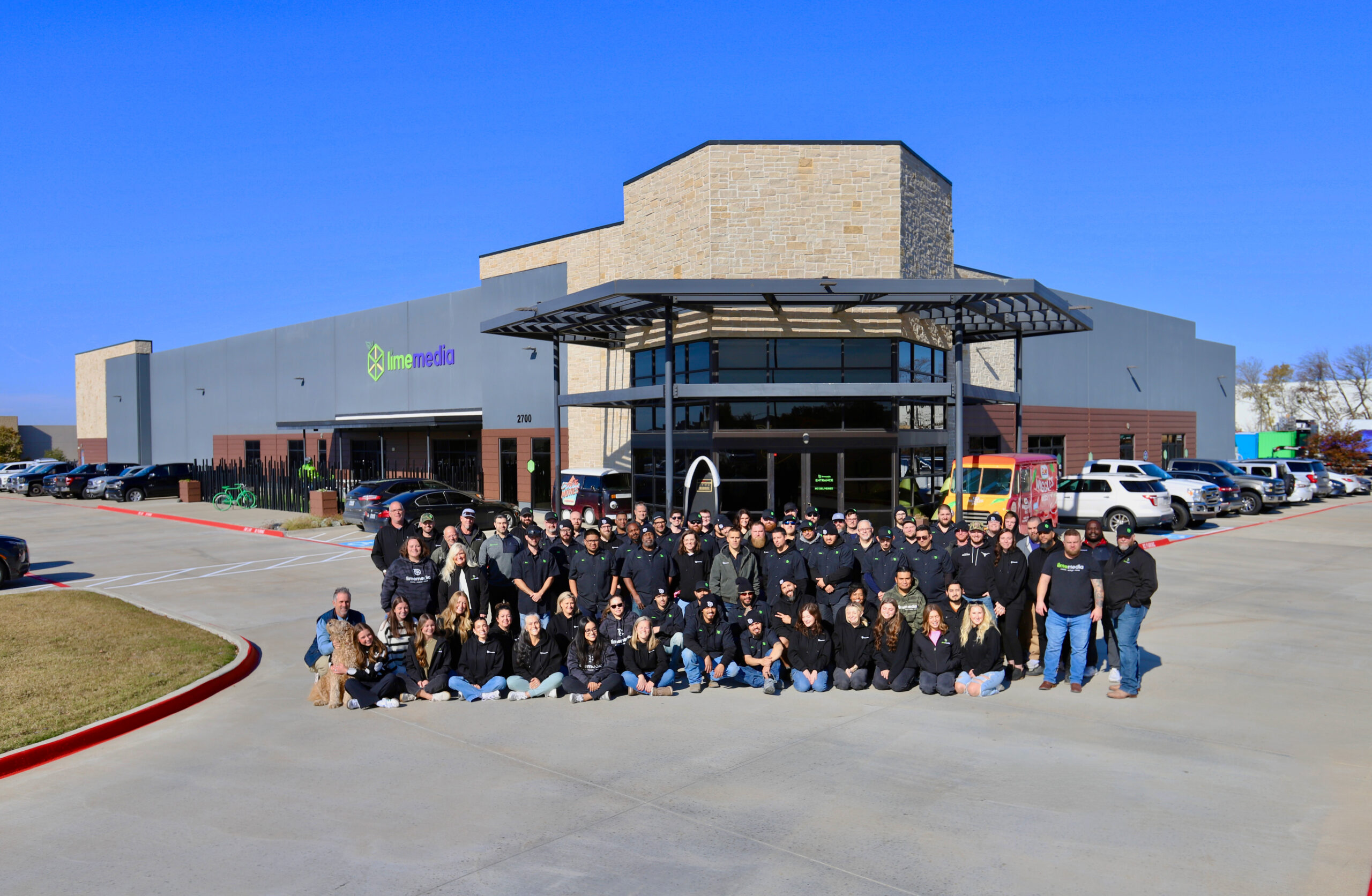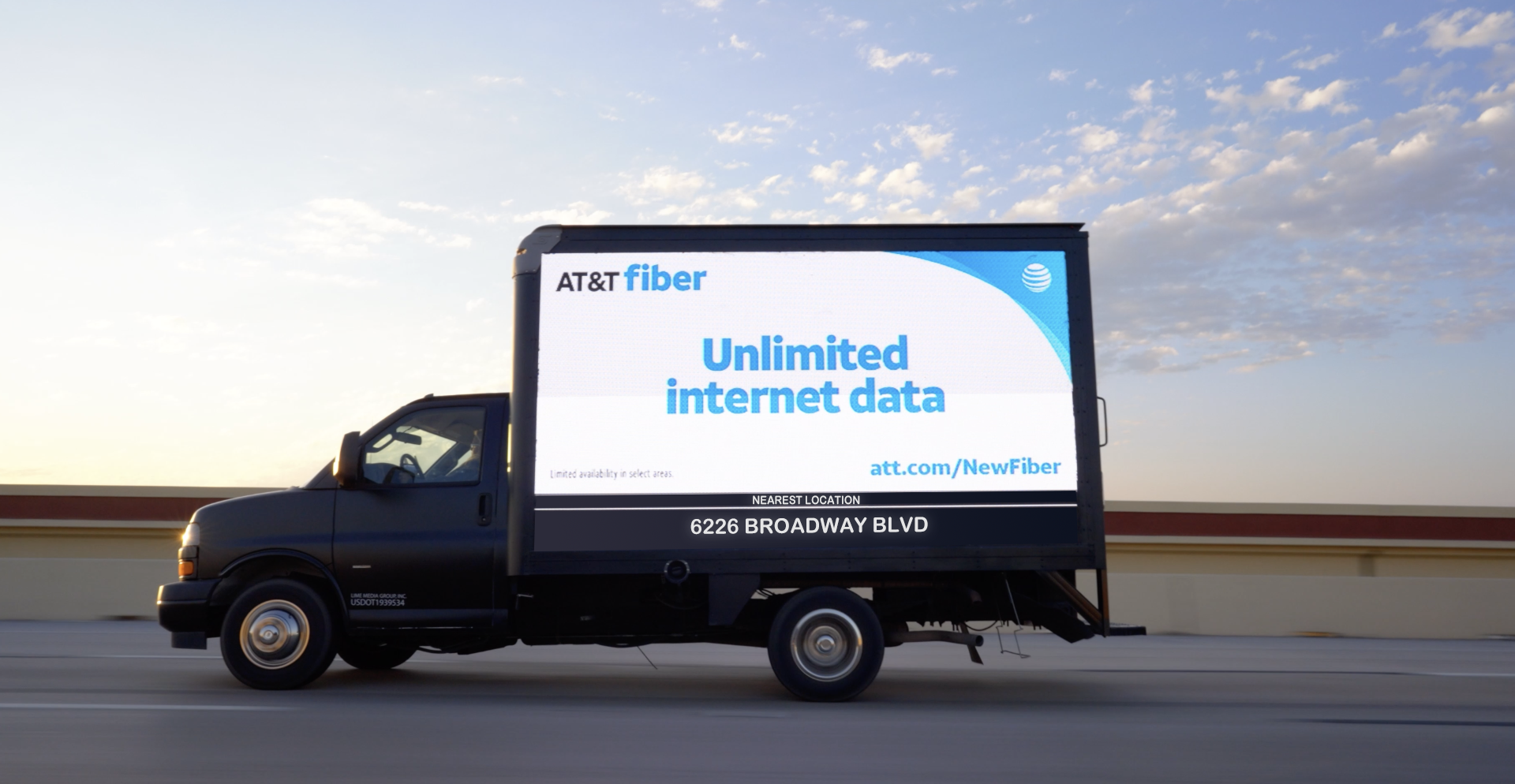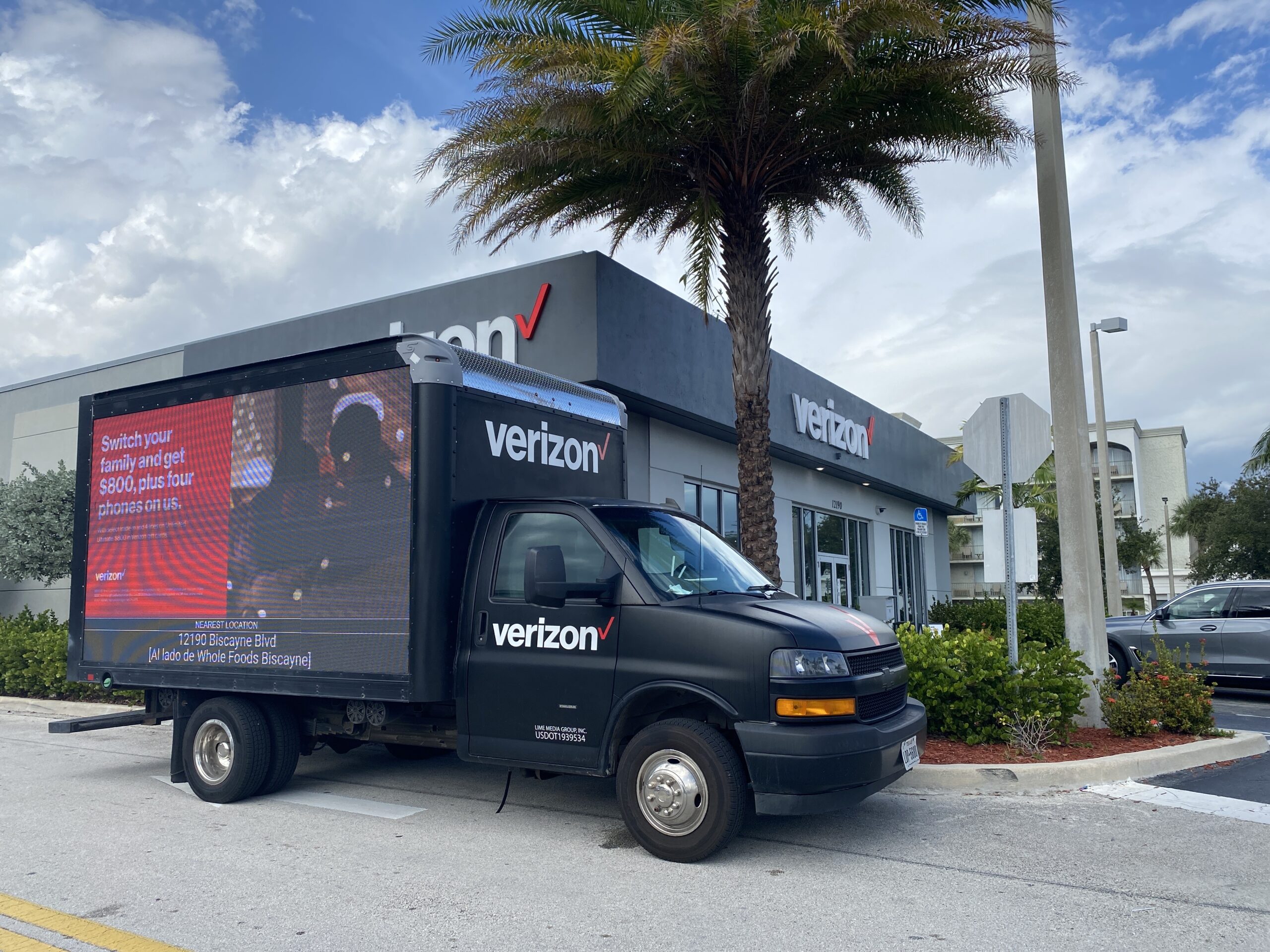Modern brands constantly seek innovative ways to captivate their audience and leave a lasting impression. Experiential marketing surfaces as a powerful approach that goes beyond traditional advertising methods to create immersive, memorable experiences for consumers. This strategy has proven to be transformative in shaping brand perception and driving meaningful engagement. Whether you’re considering launching a nationwide mobile tour or creating a stunning pop-up experience, expert experiential marketing services can turn your vision into reality and revolutionize how your brand connects with its audience.
Building Brand Awareness with Experiential Marketing
Experiential marketing is a strategy that invites consumers to interact with a brand in a real-world setting. Unlike passive forms of advertising, experiential marketing engages multiple senses, creating a tangible connection between the consumer and the brand. This approach focuses on crafting experiences that resonate on an emotional level, fostering a deeper understanding and appreciation of a brand’s values and offerings. By combining brand activation with experiential marketing, companies can create unforgettable moments that resonate with consumers on a deeper level.
Key Advantages of Experiential Marketing
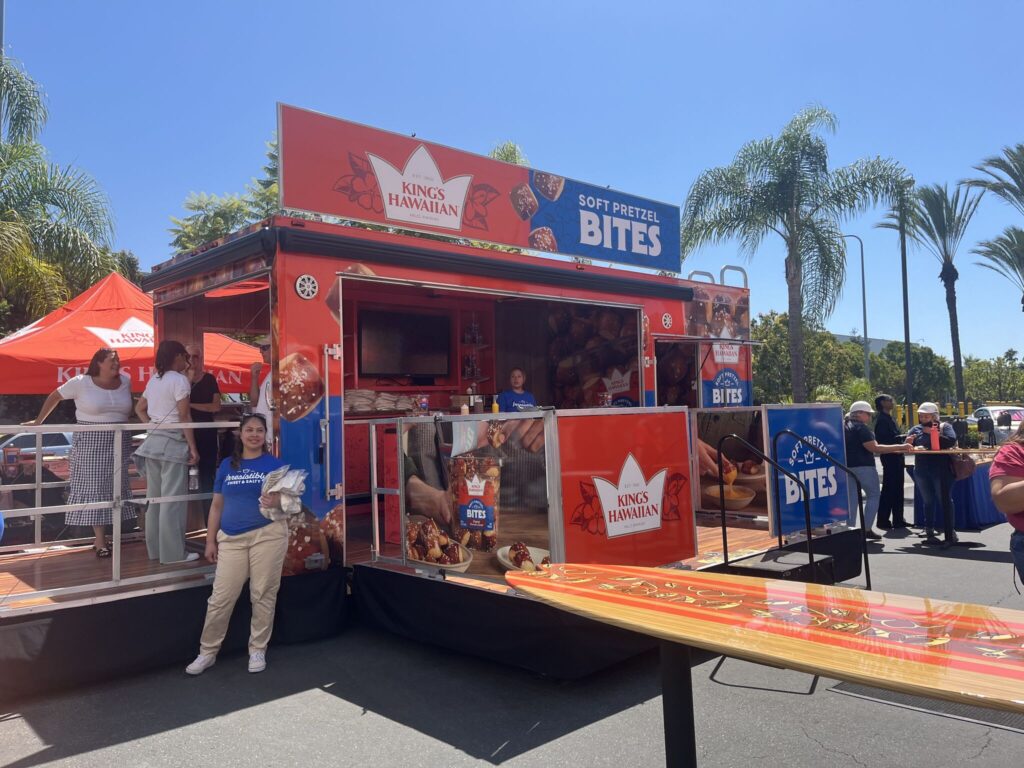
Traditional advertising often falls short of truly capturing consumer attention. Experiential marketing emerges as an impactful solution, offering brands a personalized way to create meaningful connections with their audience:
Elevate and Propel Brand Awareness
One of the primary benefits of experiential marketing is its unparalleled ability to create and drive brand awareness. Brands providing hands-on experiences make a more significant impact on consumers’ minds than traditional marketing alone. These interactive encounters help build brand recognition and recall, ensuring that your company stays top-of-mind long after the event has concluded.
Communicate Brand Ethos Directly
Experiential marketing allows brands to convey their goals and mission directly to consumers. Through carefully crafted experiences, companies can showcase their values, culture, and commitment to customers in a way that resonates more deeply than a simple advertisement. This direct communication helps build trust and strengthens the relationship between the brand and its audience.
Engage Consumers in Ideal Settings
One of experiential marketing’s strengths is its ability to connect with consumers in ideal circumstances. By choosing the right time, place, and context for your experiential campaign, you can ensure that your brand message reaches receptive audiences in environments where they’re most likely to be open to engagement.
Precision Targeting for Maximum Impact
Experiential marketing campaigns can micro-target specific audiences with remarkable precision. This targeted approach allows brands to tailor their experiences to the preferences and behaviors of their desired demographic, resulting in more effective and efficient marketing efforts.
Sensory Engagement for Positive Brand Association
By engaging multiple senses, experiential marketing cultivates a positive brand image that lingers in consumers’ minds. The multi-sensory nature of these experiences creates stronger neural connections, making the brand more memorable and fostering positive associations that can influence future purchasing decisions.
Direct Product Interaction
One of the most beneficial aspects of experiential marketing is its ability to get products directly into consumers’ hands. This hands-on approach allows potential customers to interact with products in a way that’s simply not possible through traditional advertising channels. It provides an opportunity for consumers to experience the benefits of a product firsthand, which can significantly influence their purchasing decisions.
Harnessing the Power of Word-of-Mouth Marketing
Experiential marketing naturally lends itself to word-of-mouth marketing. When consumers have a positive, memorable experience with a brand, they’re more likely to share that experience with friends, family, and social media followers. This organic spread of information can exponentially increase the reach and impact of your marketing efforts.
Is Experiential Marketing Right for Your Brand?
While experiential marketing offers numerous benefits, it’s important to consider whether it’s the right fit for your brand. Here are some factors to consider:
- Your Target Audience: Is your audience likely to respond positively to experiential marketing?
- Brand Personality: Does your brand lend itself well to interactive, immersive experiences?
- Marketing Goals: Are your objectives aligned with the strengths of experiential marketing?
- Resources: Do you have the capacity to execute a high-quality experiential campaign?
- Budget: Can you allocate sufficient funds to create a truly impactful experience?
If you’ve answered yes to these questions, experiential marketing could be an important addition to your marketing strategy.
Synergy with Other Marketing Strategies
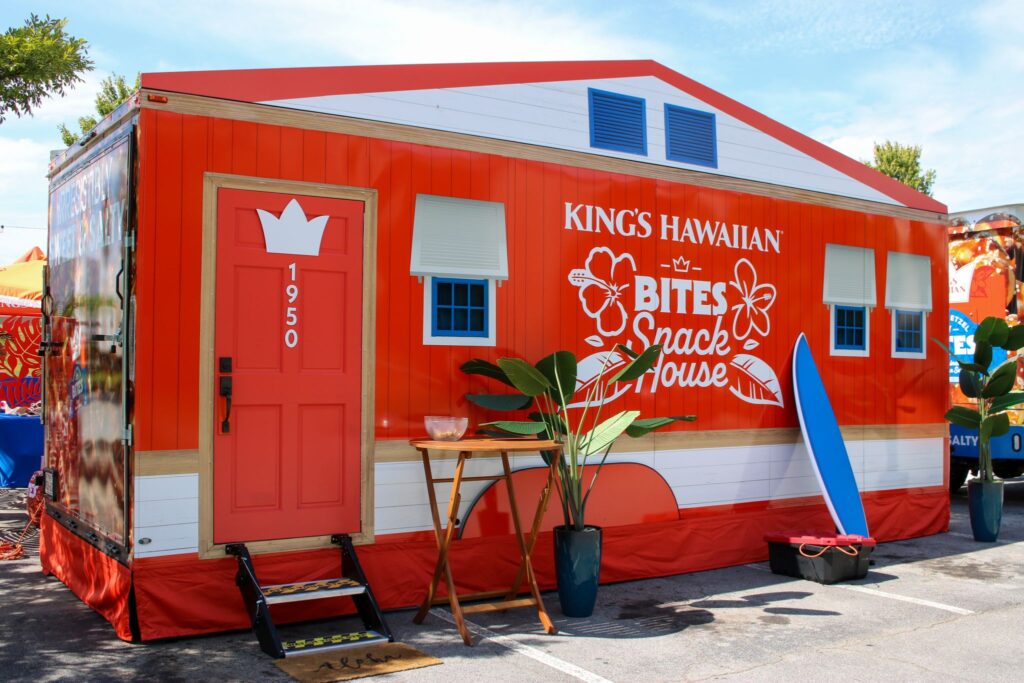
Experiential marketing complements other marketing strategies beautifully. It can be seamlessly integrated with social media campaigns, content marketing, and traditional advertising to create a cohesive and multi-faceted marketing approach. This integration allows brands to reinforce their message across multiple touchpoints, creating a more robust and effective overall marketing campaign.
Nurturing Brand Loyalty
Experiential marketing supports the growth of brand loyalty by creating memorable experiences. When consumers have positive, personal interactions with a brand, they’re more likely to develop a strong emotional connection. This emotional bond can translate into long-term customer relationships and increased brand loyalty over time.
Authenticity in Action
Experiential marketing events are inherently more authentic than traditional advertising. They allow brands to demonstrate their values and personality in a real-world context, allowing consumers to experience the brand’s essence firsthand. This authenticity can be particularly appealing to younger generations who value genuine interactions with the brands they support.
Measurable Results Through Analytics
One of the advantages of modern experiential marketing is the ability to monitor results via analytics. From foot traffic and engagement metrics to social media mentions and sales data, brands can gather valuable insights from their experiential campaigns. These metrics allow for data-driven decision-making and continuous improvement of marketing strategies.
Platform for Future Event Promotion
Experiential marketing allows businesses to promote future events effectively. By creating positive experiences, brands can generate excitement and anticipation for upcoming product launches, seasonal promotions, or annual events. This forward-looking aspect of experiential marketing helps build momentum and keeps consumers engaged with the brand over time.
Amplifying Digital Marketing Efforts
Marketing campaigns with experiences provide a specialized opportunity to enhance digital marketing strategies. By creating shareable moments and encouraging social media engagement, brands can extend the reach of their experiential campaigns far beyond the physical event. This blend of real-world and digital interaction creates a substantial synergy that can significantly boost overall marketing effectiveness. The most valuable creative experiential marketing ideas to engage audiences can transform how brands connect with their target market. From interactive pop-up shops to immersive virtual reality experiences, the possibilities are endless.
Anatomy of an Experiential Marketing Campaign
An effective experiential marketing campaign is a carefully orchestrated blend of creativity, strategy, and execution. Here’s what a successful campaign might look like:
- Conceptualization: Developing a unique idea that aligns with the brand’s values and resonates with the target audience.
- Planning and Design: Creating a detailed plan for the experience, including logistics, staffing, and design elements.
- Execution: Bringing the concept to life through carefully crafted environments, interactive elements, and engaging activities.
- Engagement: Facilitating meaningful interactions between the brand and consumers during the event.
- Follow-up: Collecting data, analyzing results, and maintaining connections with participants post-event.
- Integration: Applying the experience across other marketing channels to maximize impact and reach.
Brands following these steps create immersive experiences that captivate audiences and leave a lasting impression, transforming how consumers perceive and interact with their products or services.
About Lime Media: Your Partner in Experiential Excellence

At Lime Media, we specialize in bringing brands to life through innovative experiential marketing solutions. Our team of creative professionals excels at crafting immersive experiences that captivate audiences and drive meaningful engagement. With a fleet of over 200 customizable assets and a passion for pushing the boundaries of what’s possible in experiential marketing, we’re committed to helping brands create unforgettable moments that resonate with their target audience. Let Lime Media be your partner in unlocking the full potential of experiential marketing for your brand.
Frequently Asked Questions
What is experiential marketing and why is it important?
Experiential marketing is a strategy that invites consumers to interact with a brand in a real-world setting, creating immersive experiences that engage multiple senses. This approach fosters a deeper emotional connection between consumers and brands, leading to increased brand awareness. By providing hands-on experiences, experiential marketing makes a more significant impact on consumers’ minds than passive forms of advertising, ensuring that your company stays top-of-mind long after the event has concluded.
Why is experiential marketing more effective than traditional marketing?
Experiential marketing offers a level of engagement and interactivity that traditional marketing methods simply can’t match. While traditional marketing often relies on one-way communication, experiential marketing creates a two-way dialogue between brands and consumers, allowing for more meaningful interactions. This approach not only captures attention more effectively but also creates lasting memories and positive associations that can significantly influence purchasing decisions.
What is the difference between digital marketing and experiential marketing?
Digital marketing primarily focuses on reaching consumers through online channels, such as social media, email, and websites, while experiential marketing creates real-world, physical interactions between brands and consumers. While digital marketing can reach a wide audience, experiential marketing offers a more personal, tangible experience that can create stronger emotional connections. However, the two approaches can work synergistically, with experiential marketing events often amplified through digital channels to extend their reach and impact.

